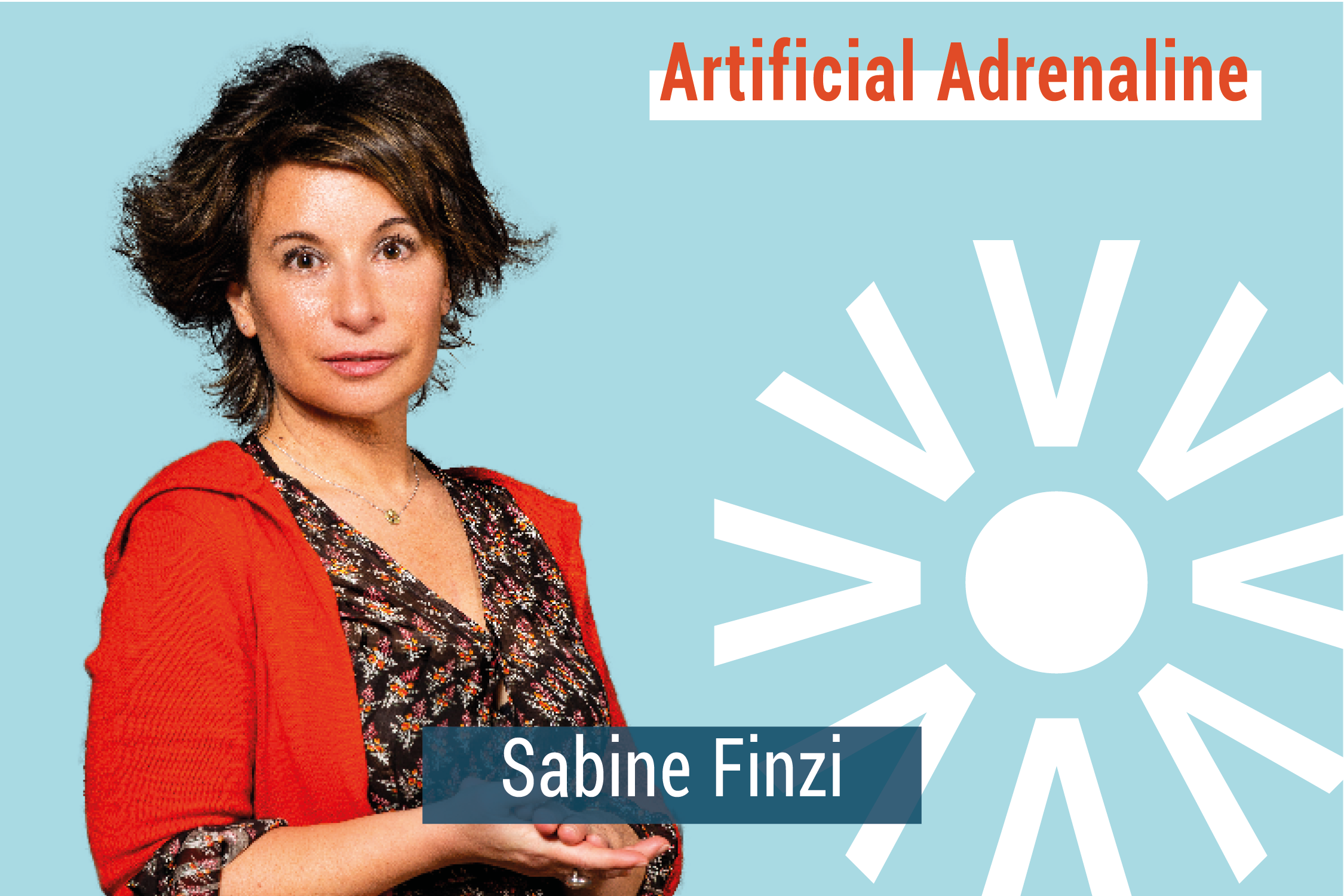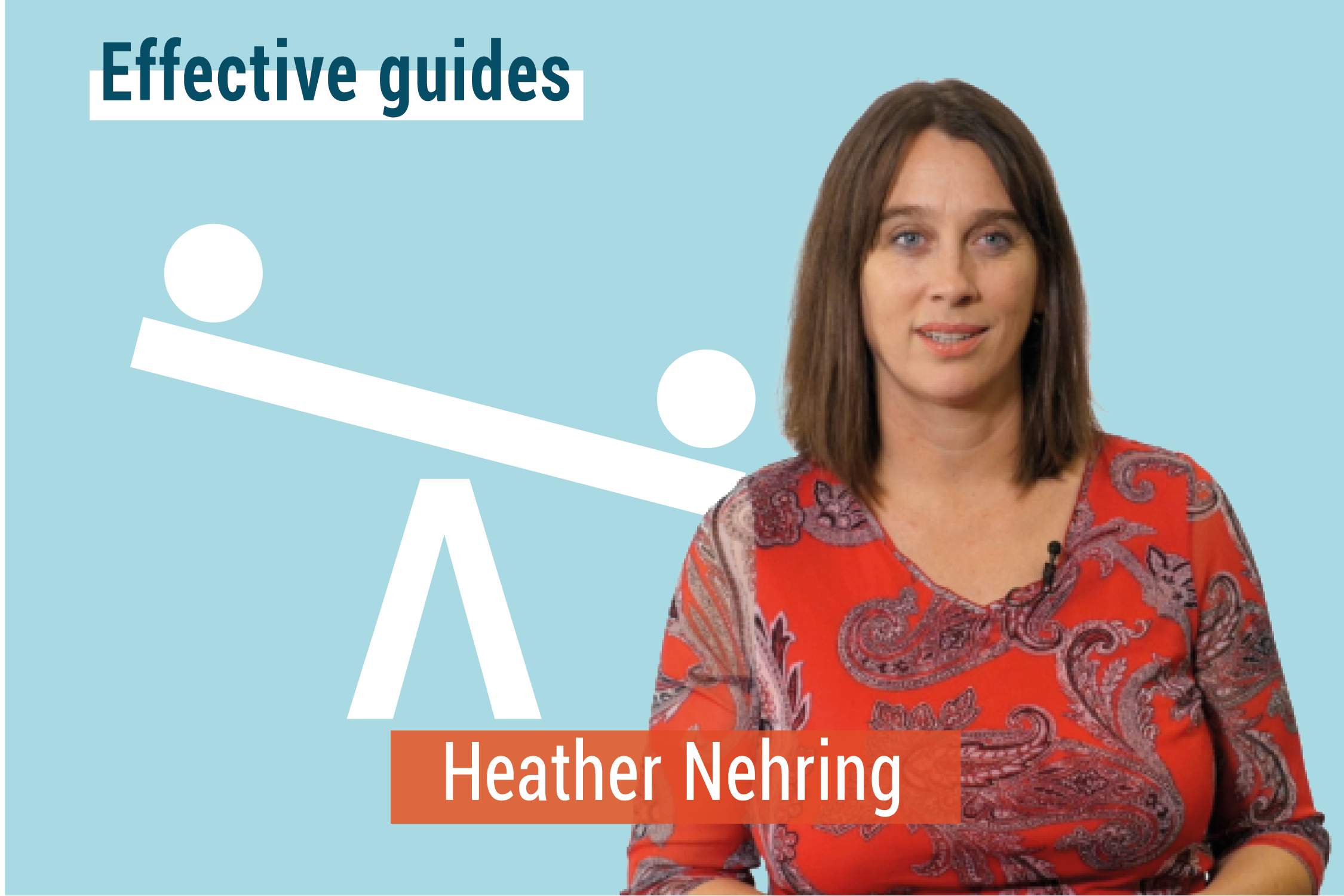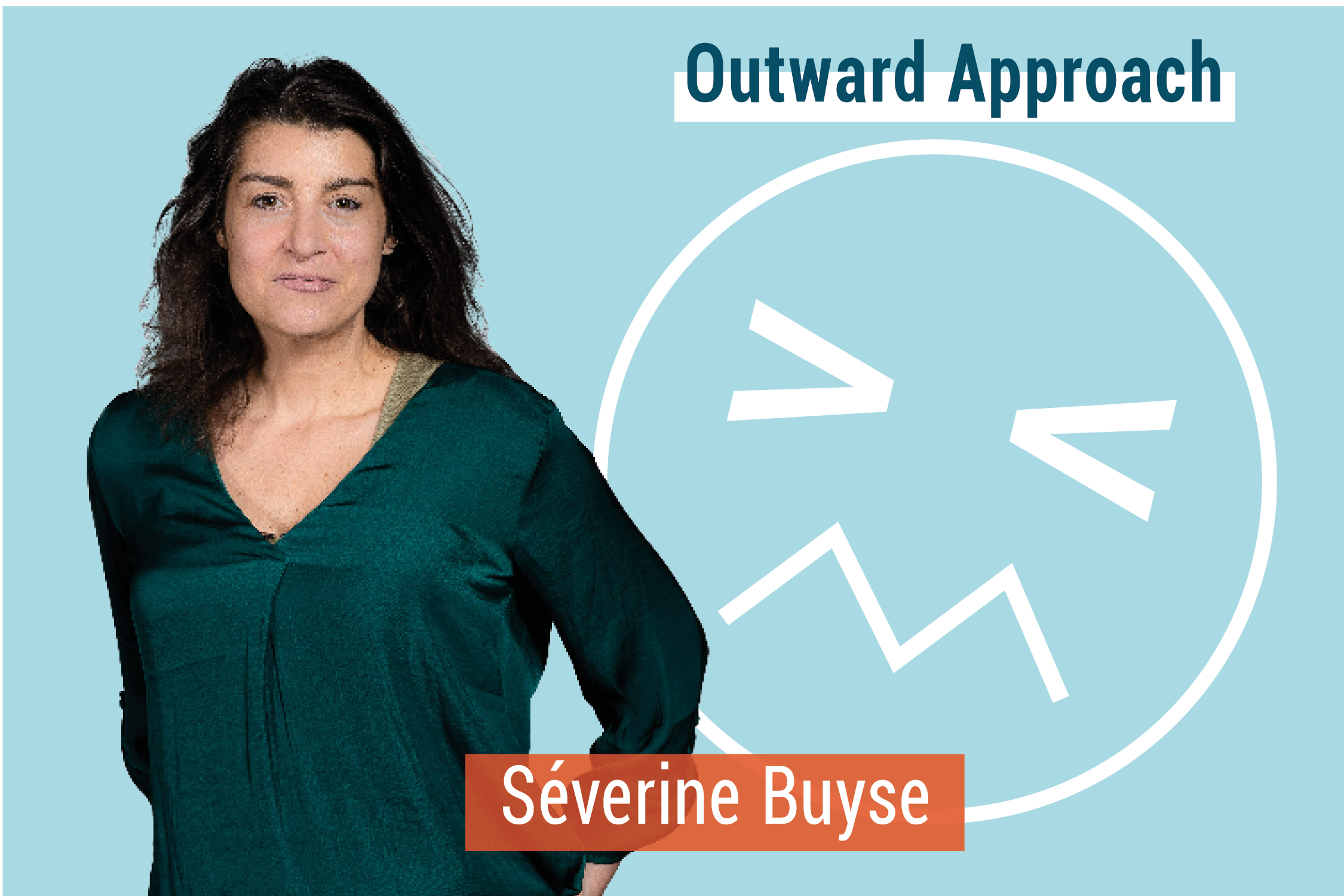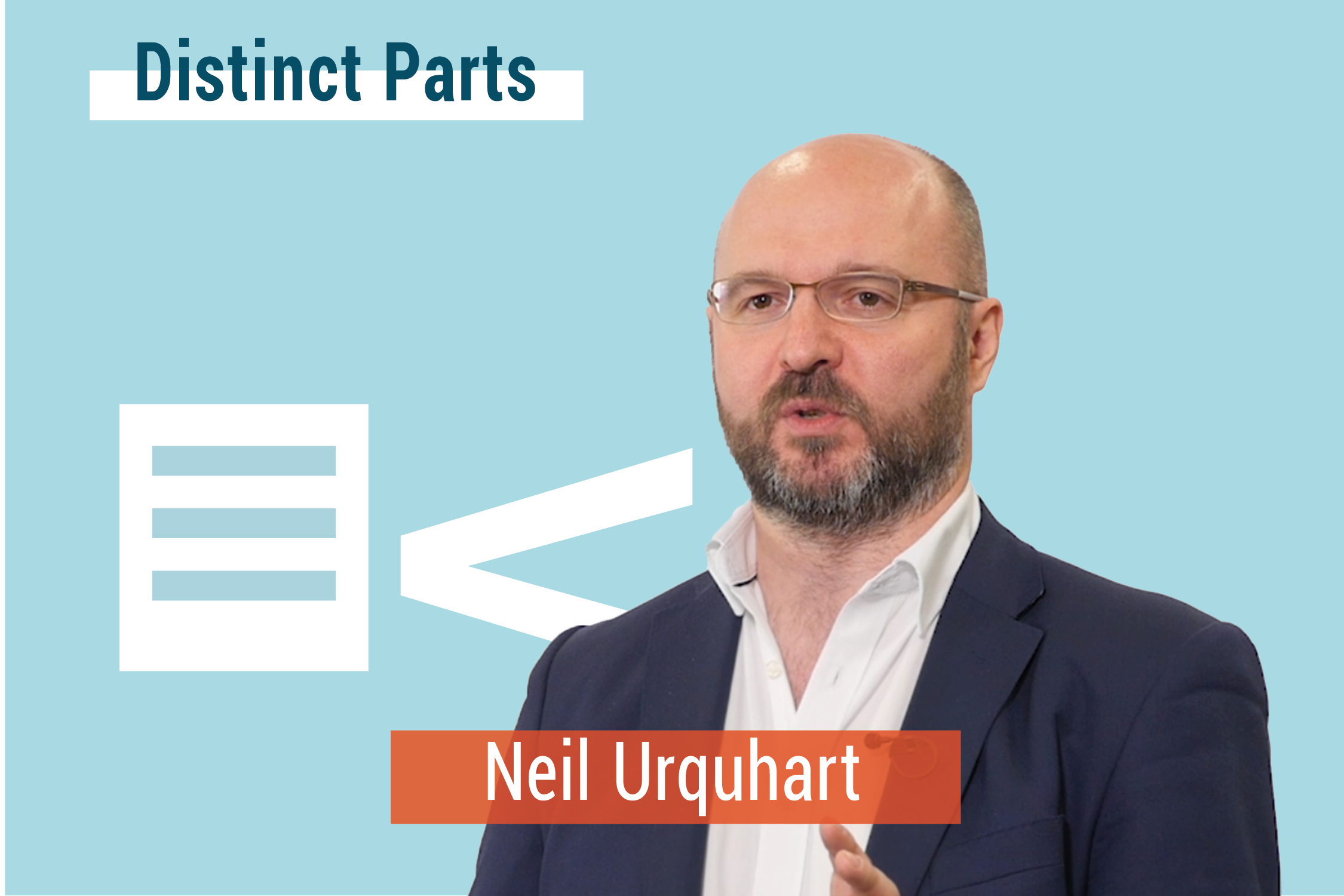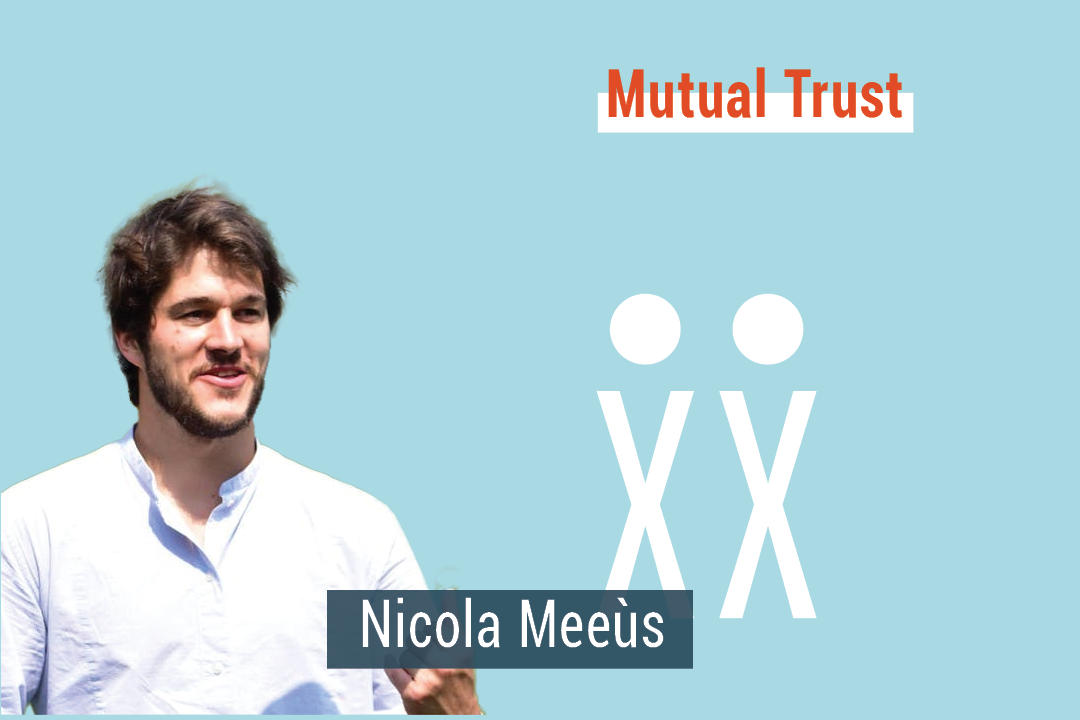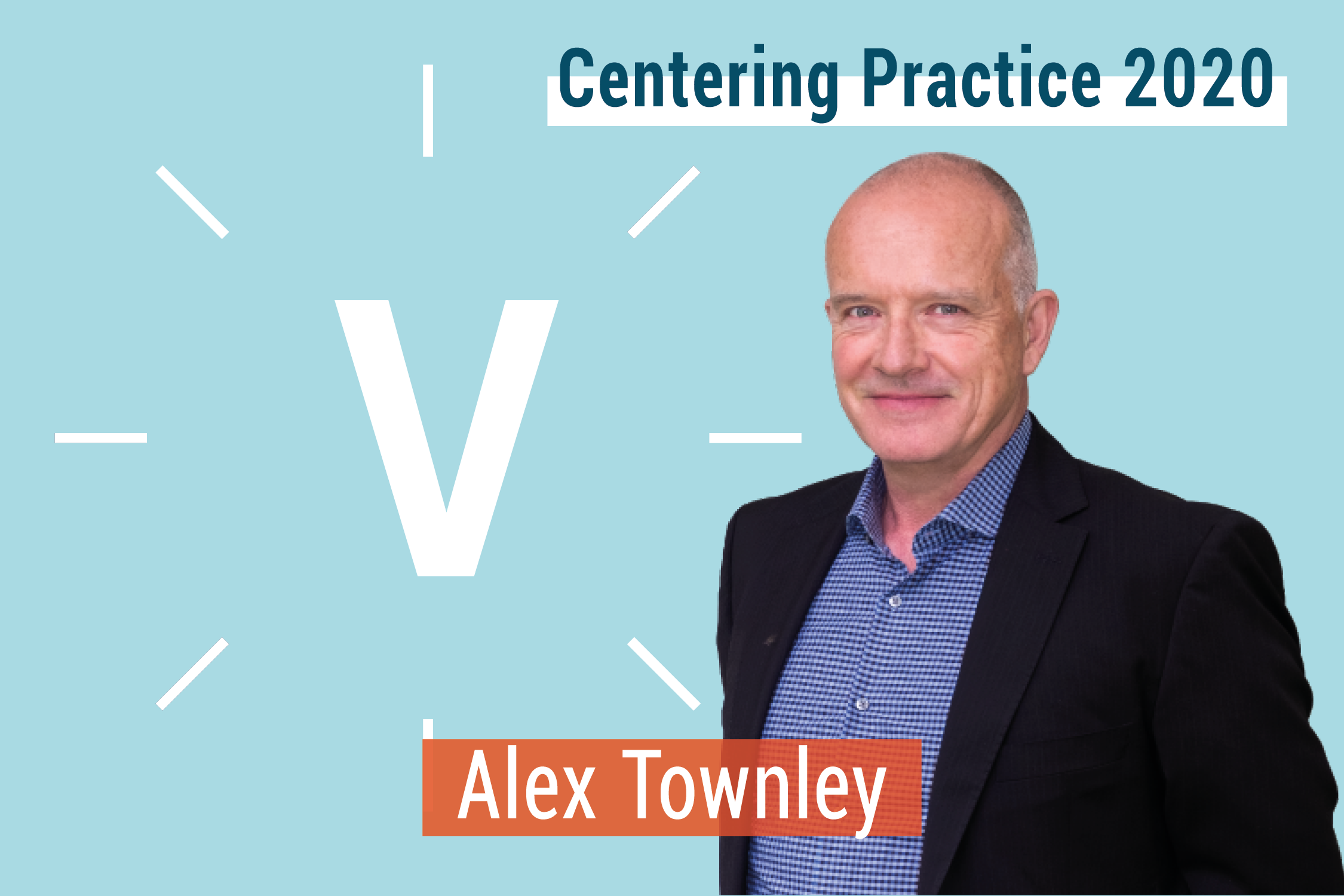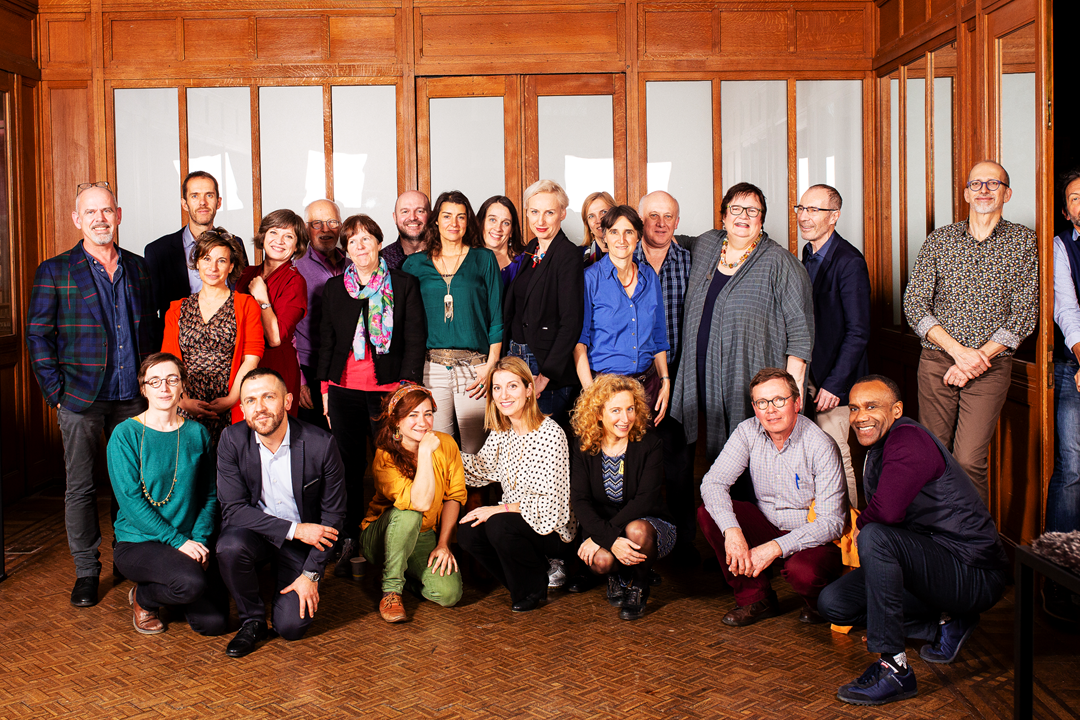
“Wait, why only the training course? What about our Conferences and Serious Games? How do we want to show new developments and share more? Who are we? What color pattern represents us? Is it really possible/necessary to formulate the company’s value in 3 words? Do we really need all this? …Are we too far?”
Little did we know that one page issue would take us not only to rethink our whole website but to actually think about our organisations, the solutions we believe in, our wish for the future and certainly more than ever: the users we serve. The participants, the Human Ressources, the Head of Units and Delegations – Who are you and what do you need and want?
We could not have done it without them.
From the beginning to the end, we could count on the participants and clients to guide us through a sound process for these new website and offer, but not only. This new shiny digital creation would not have seen the light of your bright screen without the precious help and guidance of several human beings:
The whole AIM & Associés Management Team gathered their force of course to not succumb to a hive attack each time they heard the word “marketing”. They could count on the precious consultancy and guidance of James Anderson Team at Anderson sprl. AIM has been working with anderson Team for more than 5 years. Their IT Solutions and our Learning Solutions evolve hand-in-hand. Anderson Team provides a full consultancy, digital and IT services. They helped us to understand our end users, their customer journey, the value of the products we offer and especially where and how we would like to develop our digital and online presence. Their knowledge and ability to explore modern tools made it possible to co-create solutions for online learning tools. They delivered an elegant WordPress Template with Custom Fields that feels intuitive and that can evolve organically for the years to come.
Thanks to this long-lasting collaboration, our management Team and our trainers truly feel like belonging to a company able to design brand-new products, in an easier fashion. The team listened, understood our needs and gave great guidance all the way from the definition of our users and audience to the strategic choice to make when it comes to presenting our offer.
This brings a whole new offer to you.
Simply said: this new website allows you to see our offer more clearly.
It allows you to find your learning solutions according to the topics it tackles or the method: it gathers the offer around 6 topics, and it distinguishes between 5 complementary methods.
…And of course, it comes with a new remote delivery offer. COVID has changed a lot of things, and training is by no means an exception. It is tempting to think that without face-to-face training, your life-long learning process may have come to a grinding halt. With Resilience of our team of designers, we present the new online training courses offer available to all EU Institutions and agencies through the Key Skills Framework Contract. However, in times of uncertainty and crisis, making sure you are the best you can, both personally and professionally, is more important than ever.
We are therefore happy to say that more than 25 online courses are available for EU staff under the inter-institutional Key Skills Contract – in English and French! (N° EPSO/EUSA/PO/2016/0)*
